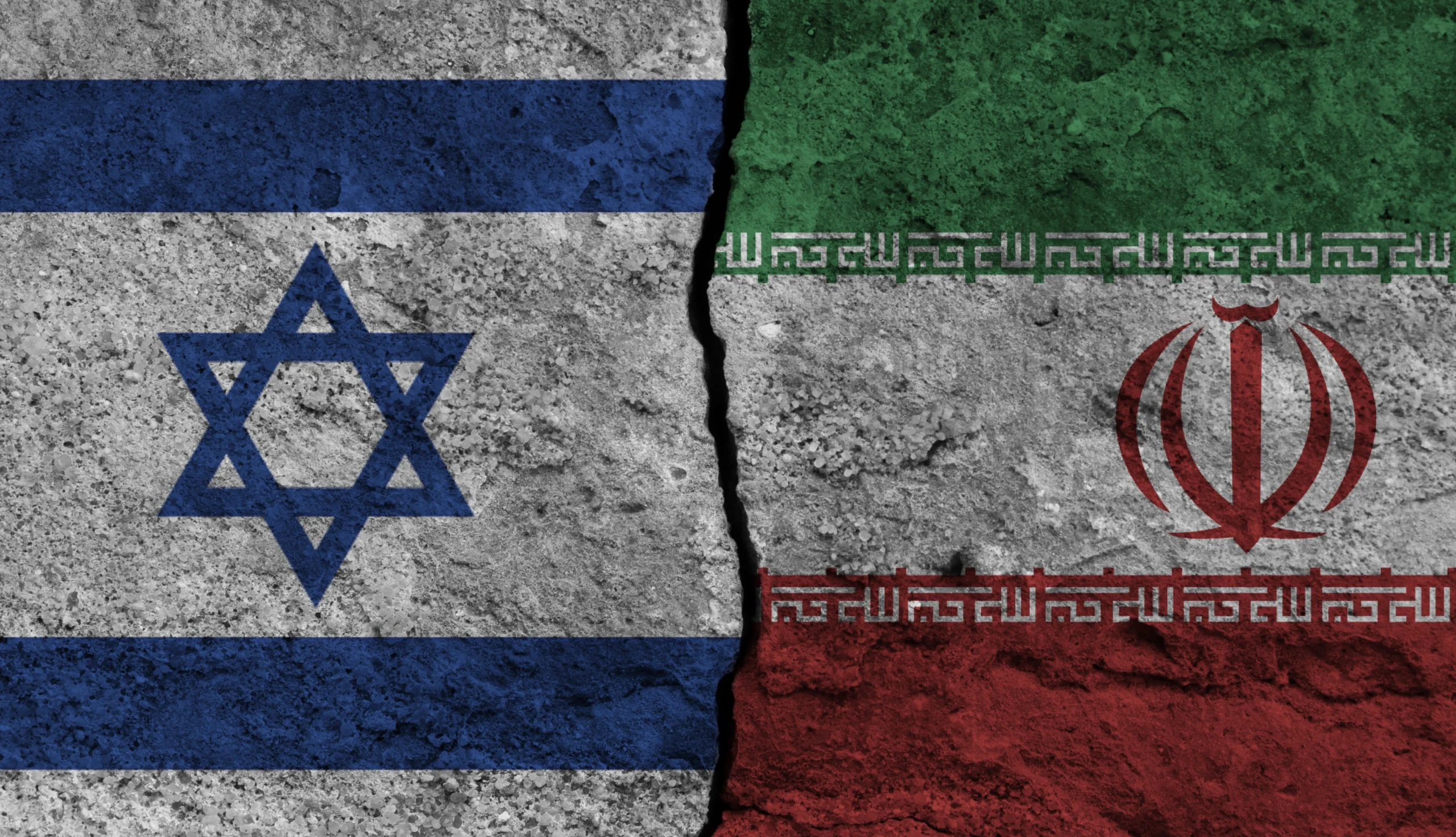Majid Iqbal
A water crisis occurs when there is a shortage of safe and clean water for the population. This can happen due to various factors, such as overuse, pollution, and climate change. In the case of Pakistan, managing the water crisis is essential for several reasons. Firstly, water is crucial for agriculture, which is a significant part of Pakistan’s economy. Without adequate water resources, the agricultural sector would suffer, impacting food production and livelihoods. Secondly, access to clean water is fundamental for public health. A water crisis could lead to waterborne diseases and health issues for the population. Additionally, water is essential for industrial and domestic use, so a water crisis could impact these sectors as well. Overall, managing the water crisis is vital for sustaining the economy, ensuring public health, and meeting the needs of the population in Pakistan.
A startling report by the United Nations Development Program (UNDP) has forecasted that Pakistan is at risk of reaching an absolute water scarcity level, a condition where water availability falls below 500 cubic meters per person annually, by 2025. Currently, Pakistan’s per capita water availability stands at 930 cubic meters per annum. This concerning projection aligns with previous findings by NASA, which ranked the Indus River Basin as the second most water-stressed basin. If this trend continues, Pakistan will be classified as a water-scarce country.
Additionally, a study conducted by the University of York in 2022 highlighted the alarming pollution levels in the Ravi River, labeling it as the most polluted river worldwide. The report by WWF revealed that 2700 industries indiscriminately discharge untreated waste into the Ravi, degrading it into an environmental hazard. Furthermore, the adverse effects of climate change, such as accelerated glacial melting, pose a severe threat to Pakistan’s climate and water resources.
The construction of the Shahpur Kandi barrage by India in the Indus River Basin has aggravated Pakistan’s water woes. This project obstructs water flow to Pakistan, depriving the country of its rightful share and contributing to what is described as ‘water terrorism,’ a term used to denote the deliberate manipulation of water resources for political or strategic advantage. Additionally, India’s extensive development of large dams, numbering 5,334 by 2019, places it third globally in dam construction, following the USA and China.
Water experts emphasize that Pakistan squanders an estimated 30 million acre-feet of water yearly, amounting to a staggering $29 billion, as it flows unused into the Arabian Sea. This underscores the urgent need for improved water management strategies to utilize this valuable resource more effectively. The rampant depletion of groundwater due to excessive pumping, often exceeding recharge rates, along with factors like population growth, water seepage, and inadequate reservoir construction, exacerbate the water scarcity crisis.
Pl, watch the video and subscribe to the YouTube channel of republicpolicy.com
Amidst this escalating crisis, there is hope in the form of a multi-faceted approach. Implementing sustainable long-term strategies, optimizing irrigation systems, and emphasizing aquifer management and rainwater harvesting are key steps. These strategies, if implemented effectively, can significantly alleviate the crisis and pave the way for a more sustainable future. Additionally, the revision of existing policies and the introduction of innovative technologies, such as dam equivalents and water-saving techniques, are crucial in addressing water loss and fostering responsible water usage.
Moreover, raising public awareness, particularly focusing on domestic water conservation methods and promoting behavioral change through widespread campaigns, holds significance. Equipping farmers with the necessary knowledge and training in efficient water usage, paired with the adoption of modern agricultural techniques like drip irrigation, can also contribute to alleviating water scarcity. Additionally, leveraging advanced hydro-informatics and hydrogeology expertise to develop an Integrated Data Information System for River Basin management is crucial.
In conclusion, tackling Pakistan’s looming water crisis mandates concerted efforts at various levels, incorporating sustainable practices, public participation, and effective governance. By embracing a holistic approach that encompasses conservation, technological innovation, and policy reforms, Pakistan can navigate through this impending water crisis and secure its water future.

















